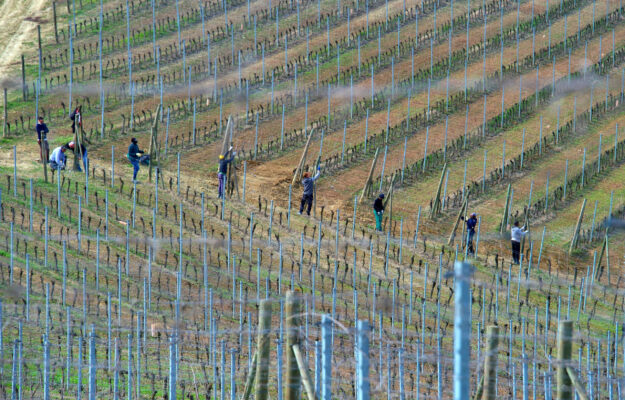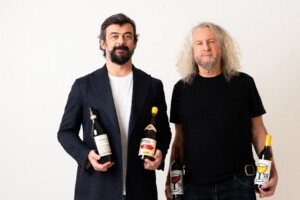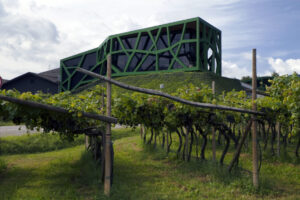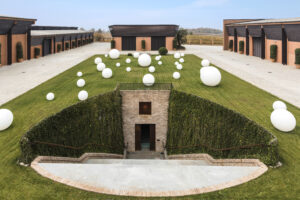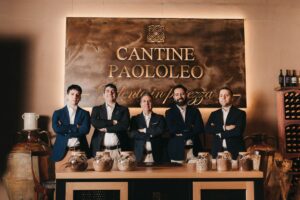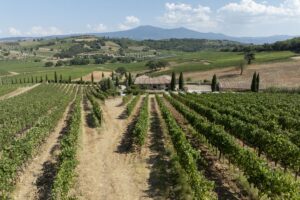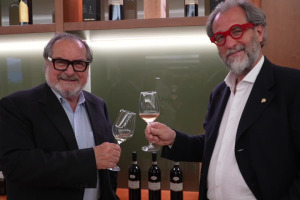A real “laboratory of inclusion” in the vineyard, in the Langhe territory, which aims, on the one hand, at social sustainability for workers, often foreigners (particularly African) - training them and assisting them in obtaining regular documents - and, on the other, at providing solutions to the demand for skilled labor for agriculture. Accademia della Vigna (Vineyard Academy) - a project conceived and coordinated by Weco Impresa Sociale and supported by the Consorzio di tutela del Barolo e Barbaresco - born in September 2022, has reached a first, important milestone: 10 workers have just been hired by the companies that have joined the initiative from the outset: Agricola Mirafiore (Fontanafredda Group), Conterno-Fantino, Vietti, Ascheri and Tecnovite.
In the viticulture sector, in which the lack of labor, especially skilled labor, is becoming a structural problem in our country, with consequences that in the most serious cases result in illegality (just think of caporalato and illegal work), the Academy represents an attempt to provide an effective and convincing answer. The idea is that a technical training, in which theoretical and practical lessons in the vineyard alternate, can be the tool for work entrances that guarantee companies greater skills and candidates regular and long-term hiring conditions, also because workers are followed in the bureaucratic part of issuing permits and documents.
Matteo Ascheri, president of the Consorzio del Barolo e Barbaresco, says, “4,000 people work in our area. Of these, half are hired directly by companies, the other half through intermediation. Our aim, by joining the Accademia della Vigna project, is to increase the direct placement of the companies, both from the point of view of respect and protection of the workers - to avoid improvised or even illegal situations - and, in the interest of the companies themselves, to have qualified personnel. As far as the nationality of the workers is concerned, if previously they came mainly from Eastern countries (Macedonia, Albania, Romania), now they come in particular from Africa (Senegal, Mali, Guinea Bissau): they rightly need to be trained, both technically and linguistically and culturally”. Giulia Maccagno, project coordinator for Weco, explains, “the path we are animating is complex but necessary: these first ten hires are a sign that building alternatives is possible and generates positive spillovers for all community stakeholders. Organizing change is exhausting and takes time; we will continue to work together with partners and the network to consolidate the model and find together the right answers to this systemic challenge”.
Specifically, Accademia della Vigna supports companies in identifying candidates - who express a desire to learn a trade - then these companies conduct job interviews and hire the staff they need. The new workers are then placed on the training course run by Accademia della Vigna: 150 hours of technical training, carried out directly in the field, under the supervision of experts, in order to develop the necessary skills. The training hours are distributed over 12 months and several modules, each dedicated to a different phase of vineyard work. Participants then alternate periods of work on the farm with times dedicated to training.
Copyright © 2000/2025
Contatti: info@winenews.it
Seguici anche su Twitter: @WineNewsIt
Seguici anche su Facebook: @winenewsit
Questo articolo è tratto dall'archivio di WineNews - Tutti i diritti riservati - Copyright © 2000/2025










